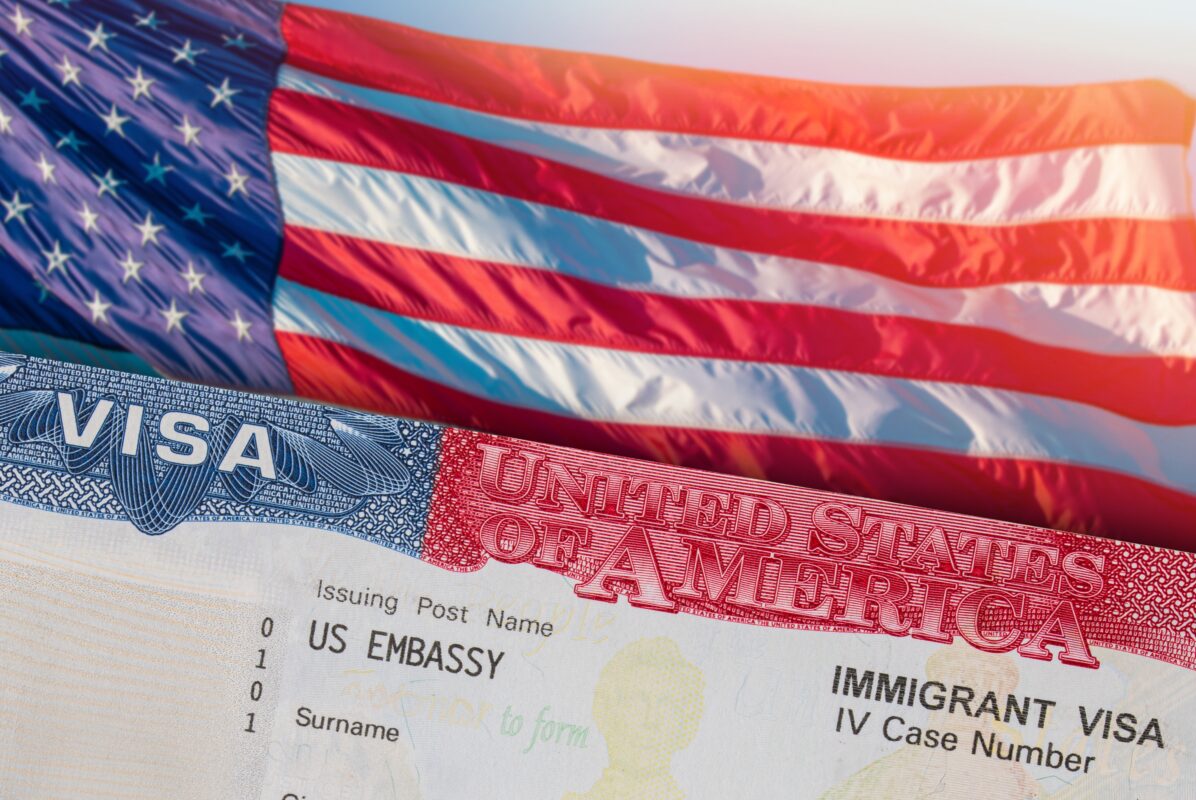TLDRs:
- Tighter US visa rules are delaying Indian AI founders from attending key business meetings abroad.
- Rising O-1 visa denials are creating uncertainty for startups seeking global growth opportunities.
- Competitor nations like Canada and Japan are seizing the AI talent gap left by the US.
- Immigration barriers may weaken long-term US leadership in artificial intelligence innovation.
Indian AI startup founders are encountering growing difficulties obtaining US visas amid stricter immigration regulations.
Executives from emerging AI companies including LatentForce, Qodex, and Sentient Labs report prolonged wait times for B1/B2 business visas and higher denial rates for O-1 specialty visas.
The O-1 visa, often granted to individuals with extraordinary ability in fields like science and technology, has seen approvals for Indian applicants increase from 210 in FY18 to 1,375 in FY24. However, denial rates have simultaneously risen from 4.5% in FY23 to 5.8% in FY24, introducing new layers of uncertainty for startups seeking to expand into the US market.
US Market Access at Risk
For many AI startups, physical presence in the United States remains essential for forging relationships with clients, investors, and partners.
Founders report that stricter scrutiny and longer processing times are delaying critical business engagements, which can slow fundraising, product launches, and collaborations.
Adding to the challenge, US authorities now require applicants to apply from their country of residence or citizenship, eliminating the option to apply from third countries. This policy shift has caught many founders off guard, further complicating their ability to navigate the competitive AI landscape.
Global Competitors Capitalize
The timing of these visa restrictions could prove detrimental to US competitiveness in artificial intelligence. Around 60% of America’s top AI companies have at least one immigrant founder, highlighting the nation’s historical reliance on global talent.
Countries such as Canada and Japan are positioning themselves to benefit from these restrictions. Canada’s Tech Talent Strategy streamlines work permits for high-skilled immigrants, while Japan has introduced exemptions from social security contributions for short-term contract workers and a green card system for skilled professionals. By attracting talent that might have previously gone to the US, these nations are strengthening their own innovation ecosystems.
Structural Challenges for AI Startups
The physical presence requirement reflects deeper operational realities for AI startups, where direct engagement remains critical to closing deals and building networks. Beyond founder mobility, policy changes are also affecting access to international graduate talent, particularly PhD researchers who often start as F-1 students under the Optional Practical Training (OPT) program.
The combination of rising visa denials, elimination of certain work-study pathways, and stricter entry requirements could create long-term disadvantages for US startups, potentially slowing innovation and ceding ground to global competitors in the rapidly evolving AI industry.
As the US continues to tighten immigration rules, founders and policymakers alike are grappling with the implications. For now, the AI sector faces a crossroads: maintain its reliance on global talent or risk losing a competitive edge to nations that are actively courting skilled innovators.






